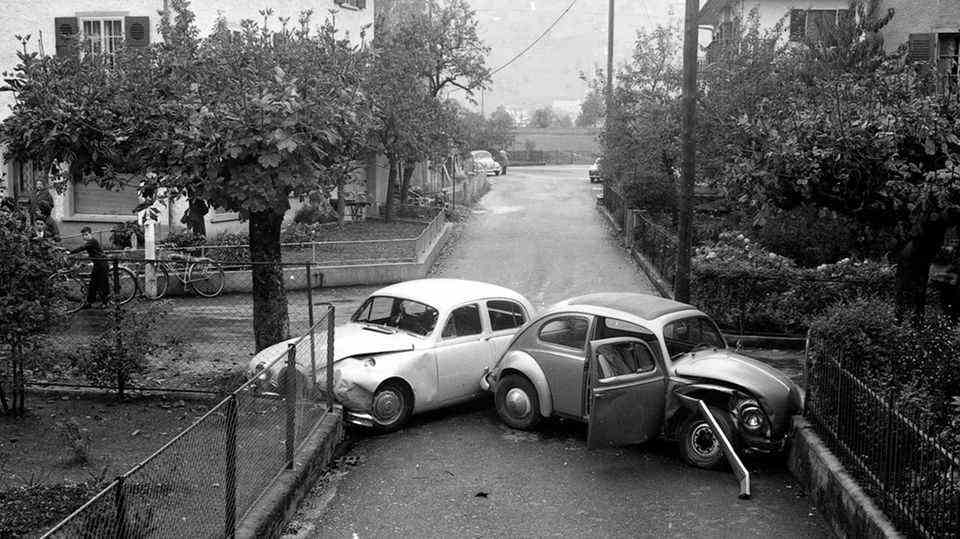Environmentally friendly method
Instead of road salt: US cities are now using beet syrup against black ice – and are enthusiastic
A clearing vehicle in the USA. There, beet syrup is now used against black ice.
© Imago Images
For black ice, especially in North America, a beet syrup mixture is increasingly being used instead of conventional road salt. The method should protect the environment and cars – and also be very effective.
When it gets cold outside and slippery on the streets, salt is strewn to prevent accidents – this has been the case for many years. This may make sense for traffic safety, but it is usually not environmentally friendly. The road salt eats its way into the ground and changes the nutrient content of plants. Animals ignite their paws from it. In addition, the salt can contribute to the salinization of the groundwater, warns the Nabu.
Some cities in the USA have therefore started looking for more environmentally friendly alternatives – and have struck gold. You use beet syrup to prevent slipperiness in winter. Among other things, the capital Washington DC has decided to do so. The beet juice is also used in Canada. Combined with salt, it should also work against black ice, but protect animals and the environment.
Beet juice is said to be more effective than road salt
According to the Washington Post, the mixture consists of 23 percent salt, 62 percent water and 15 percent beet syrup. And it should be at least as effective as the much better known road salt. The method was discovered by a Hungarian scientist in the 1990s. In the past few years they have discovered more and more cities for themselves.
Snow clearing vehicles spray the mixture directly onto the road. Because it is so sticky, it sticks longer than conventional road salt and therefore has a longer action time – up to four days. In addition, a chemical reaction reduces the melting temperature of the ice. According to scientific findings, the vegetable juice has an advantage, especially in very cold temperatures. However, beet juice is not entirely harmless either, as it is said to be harmful to some insects, for example. According to the manufacturer and some researchers, however, it is still more environmentally friendly than road salt.

City in Bavaria relies on cucumber water
And from a materialistic point of view, the new method also has its advantages: Because road salt is very corrosive and therefore also poses a danger to roads and cars. If the beet juice is used, this problem no longer arises.
In Germany, too, alternative methods are used against black ice – it does not always have to be the beet juice. The road maintenance depots around the Bavarian town of Dingolfing rely on cucumber water when it is slippery. This saved around 140 tons of salt and almost a million liters of water within a year, said Kerstin Schreyer (CSU), Minister of Transport in Bavaria.
Sources: “Bloomberg” / “Washington Post” / “Southgerman newspaper”


